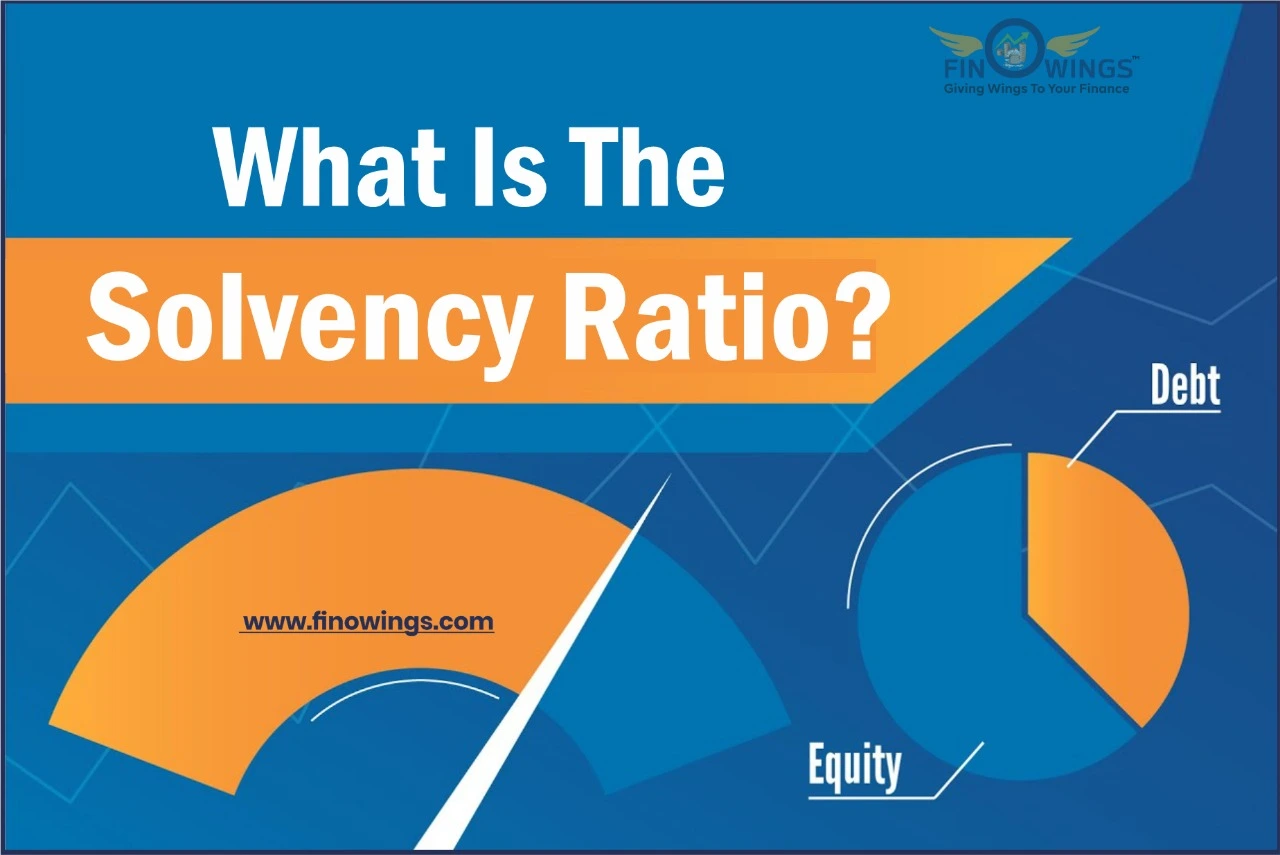Home >> Blog >> What is Hedge Fund? Types, Strategies, Benefits, Pros & Cons
What is Hedge Fund? Types, Strategies, Benefits, Pros & Cons

Table of Contents
Introduction
The hedge fund is still in its infancy stage in India. The popularity of hedge funds in India is not that much, but slowly it is seeing a boom. Hedge funds have grown rapidly in large markets like the US. Mutual funds are widely spread in the Indian market, and hedge funds differ from mutual funds in many ways. Hedge funds pool various investment funds and try to deliver high returns using complex strategies. As the saying goes, you can never get successful without taking a risk. Risk helps you step out of your comfort zone. Today in this blog, we will briefly describe everything about hedge funds and explore their benefits along with how it works.
What Are Hedge Funds?
Before proceeding further, you need to understand the meaning of hedge. Hedge means to protect. From the investment and finance industry's perspective, hedge means safeguarding against undue risks. A hedge fund is a fund that seeks to take an aggressive management approach during market volatility by aggregating multiple assets and 'hedging' the risks against an investor's investment. A hedge fund is a portfolio fund that includes equities, bonds, derivatives, currencies, and convertible securities. Another unique feature of a hedge fund apart from other funds is the inclusion of an asset class such as crypto. Therefore, hedge funds are considered an alternative investment in the market.
Hedge fund companies use capital from "accredited investors" such as banks, insurance firms, families, high net-worth individuals (HNIs), endowment funds, and pension funds. These funds often function as foreign investment entities or private investment partnerships. Hedge funds are not required to be registered with SEBI in India, and they are not required to disclose their Net Asset Value (NAV) regularly like other funds.
The hedge fund culture in India is relatively new as it started functioning in India in the year 2012 after the approval of the SEBI (Securities and Exchange Board of India) approved the Alternative Investment Fund (AIF). A hedge fund often leans more towards using higher leverage than common equity mutual funds. Hedge funds invest in both listed and unlisted markets. Also, invest in both short-term and long-term positions.
What Are The Features Of Hedge Funds?
High Net-Worth Investors
The most important thing about a hedge fund is that only accredited and qualified individuals can invest in it. Typically investors investing in hedge funds are Institutions, Banks, Insurance Firms, High Net Worth Individuals (HNIs), Families, Pension Funds and Endowments. The minimum investment size for investors in these funds is Rs 1 crore.
Diversified Portfolio
As mentioned above, the portfolio of hedge funds is vast; you have many investment options. The vastness of a hedge fund's portfolio can be gauged from the fact that it includes cryptocurrencies. It also builds a folio of investments in derivatives, stocks, bonds, equities, real estate, and currencies. You can say that they cover all the asset classes available in the market and, at the same time, can provide hedging to other portfolio components as well.
Higher Fees
For your information, hedge funds work on the expense ratio and management fee concept. Their global standard for this is Two/Twenty, i.e., a 2% fixed management fee and a 20% fee on the profit earned. However, hedge fund companies in India may have a management fee of as low as 1%, and generally, profit sharing can be between 10% to 15%.
Higher Risk
Without risk, you cannot become a big player in the stock market. The strategies used to invest in hedge funds can result in enormous losses for the fund. The lock-in period for investing in hedge funds is too long. Also, the leverage used by these funds can turn investments into substantial losses.
Taxation
Investments made in hedge funds are taxable in India, meaning that the income derived from them is taxed at the investment fund level rather than under Category III AIF tax. Taxation itself becomes a demerit for this industry.
Regulations
There is no requirement for hedge fund companies in India to be registered with the Securities Markets Regulatory (SEBI). Also, unlike other mutual fund companies, they do not have a regular Net Asset Value (NAV) reporting mandate.
How Do Hedge Funds Work?
Did you know that the returns from hedge fund investments depend more on the qualifications and skills of the fund manager than solely on the market conditions? You can look at this thing from a different point of view.
Hedge funds work so that despite market volatility, the fund manager tries his best to reduce or eliminate market risks so that the fund gets exposure and generates good returns. In addition, hedge fund managers focus more on operating in smaller market segments with more diversification to reduce risk.
Some of the strategies implemented by hedge fund managers are mentioned below:-
Short Selling
In this, the hedge fund manager bets mainly on the fall in the prices of the shares, i.e., to sell the stock and repurchase it at a lower price in the future.
Use Arbitrage
Hedge fund managers are so skilled and experienced that they often place bets using their prudence even when securities have conflicting or inefficient prices. Most of the time, their bets are successful.
Invest in an upcoming Event
An investment strategy is made only after observing and understanding important market events such as acquisitions, mergers, and spin-offs.
Investing in securities with Huge Discounts
Companies often face financial difficulties or insolvency issues and want to sell their securities at a lower price. In such a situation, the fund manager can buy after knowing the company's prospects.
What Are The Types Of Hedge Funds In The Market?
Open-Ended Hedge Fund
In this, shares are issued continuously to the investors. Also, these funds allow periodic withdrawal of the asset value of each share.
Closed-End Hedge Fund
A limited number of shares are issued in this hedge fund. New shares are not issued despite increasing demand from investors.
Listed Hedge Fund
It is mainly traded on stock exchanges. However, with no compulsion, unaccredited investors can also buy shares.
Who Should Invest In Hedge Funds?
Expert managers manage hedge funds. Due to this its management fee is a bit expensive. For this reason, only those financially affluent and sound people should invest in hedge funds. If you want to invest in this, you should be economically sound and have an aggressive risk appetite. In a hedge fund, the manager buys and sells assets at a rapid pace.
You can get 15 to 20% returns in hedge funds, but with structural complexity and high risk, the minimum investment limit is Rs 1 crore. Therefore, we advise new investors and depositors to avoid this fund.
What Are the Pros and Cons of Hedge Fund investment?
Pros
Whether the market conditions are favorable or unfavorable, fund managers have the potential to generate positive returns using various investment strategies.
A balanced portfolio of hedge fund investments can reduce overall risk and volatility with decent returns.
There are many investment options offered to the investor in a hedge fund.
If the investor is ready to take high risk for high potential profit, then you will not find a better investment option than this.
Cons
The fund has to face huge losses if the wrong strategy is adopted while investing. It may have a significant impact on the investor's financial situation.
Investors need to lock their funds, and the lock-in period is very long.
Sometimes excessive use of leverage can turn a minimal loss into a huge loss.
What to Consider When Investing in Hedge Funds
The minimum limit for investing in a hedge fund also increases the level of risk. The hedge fund is not bound to be registered by SEBI, significantly increasing the risk factor. If the money is not legally acknowledged, there is nothing you can do but take action.
Investment options such as hedge funds have high complexity, so an investor must do thorough research and be mentally prepared before investing. The investor needs to keep an eye on the investment continuously. Considering your financial condition, proceed with this option.
It is not at all possible for an average investor to meet the investment criteria of a hedge fund. One crore is required for a single investment, which is possible only for a financially sound investor. Even if your financial condition is good and you have even Rs 1 crore to invest, you still need to do deep thought and research before investing in options like hedge funds.
Let us inform you that the market's performance of hedge funds has been unpredictable. So as an investor, be prepared for any downside. But at the same time, huge jumps can also be expected from time to time.
Conclusion
Finally, hedge funds are typically complex in structure and strategy and invest in nearly every single asset, which makes these funds more diversified than other funds. Being diversified, hedge funds have the potential to generate enormous value for investors.
You will find many investment options in the market. Therefore, you should move towards investing in hedge funds only when you are clear about it in your mind and your investment goals are in line. Trust me; if you play your cards well in the investment world, you can earn substantial profits without any loss in this type of investment.

















